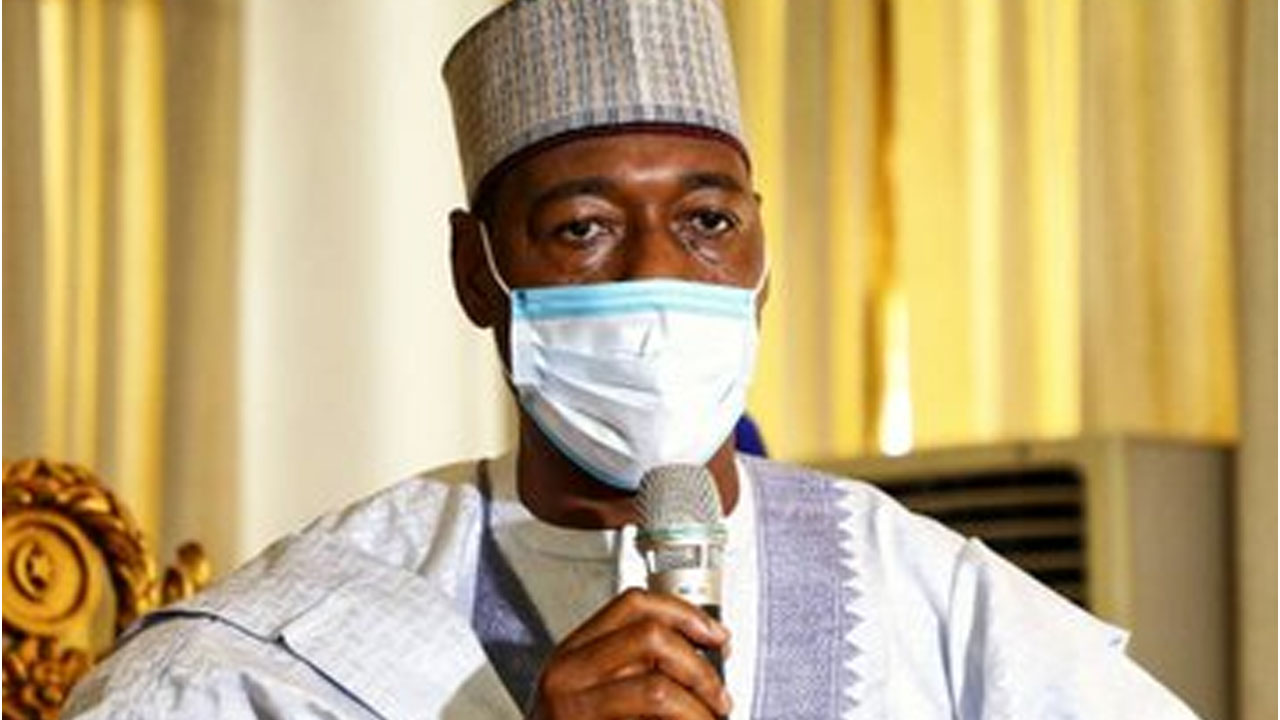The Chairman and Chief Executive Officer of the National Drug Law Enforcement Agency (NDLEA), Brig. Gen. Mohamed Buba Marwa (Retd), on Wednesday, said that the agency is not opposed to the controlled export of cannabis oil to countries that legally permit its use, but remains firmly against its consumption within Nigeria.
Marwa made this known at a stakeholders’ workshop organised by the Nigerian Academy of Science (NAS) in Abuja. The event, titled “Cannabis Oil Debate: The Path Forward for Nigeria,” brought together scientists, policymakers, and health experts to examine the potential uses and risks of cannabis oil.
He explained that the NDLEA welcomed informed discussions on the issue but emphasised that policy decisions must be grounded in science and public health considerations.
“At NDLEA, our position on cannabis oil is simple: we welcome dialogue,” Marwa said. “We believe Nigeria must make informed choices, not choices driven by half-truths, commercial interests, or global trends. Cannabis oil may have medicinal properties worth investigating, but it also carries health risks, potential for misuse, and implications for public safety.”
He said the NDLEA would not oppose the idea of exporting cannabis oil to foreign companies under strict regulation, licensing, and supervision by the agency, provided such operations are conducted within export-free zones.
He added, “Let me assure you that NDLEA is not opposed to science, nor are we indifferent to innovation. What we insist on is caution. Policy must protect lives, safeguard public health, and strengthen—not weaken—our fight against drug abuse.As such, the Agency will not be averse to the idea of controlled export of cannabis oil to foreign companies and countries who desire it, as part of our drive as a country to enhance foreign earnings.After all, some countries have approved the use of cannabis oil for therapeutic purposes, while others, including Nigeria, have not. Our concern, however, is about its consumption in Nigeria. In essence, we are not opposed to the idea of exporting the oil to those who desire it, but such must be strictly controlled, licensed and monitored by NDLEA, with such process located only within export-free zones.”
Marwa explained that Nigeria’s high prevalence of substance abuse required a cautious approach to any policy change involving cannabis or its derivatives. He cited data from the 2018 National Drug Use Survey, which estimated that 10.6 million Nigerians used cannabis, representing a 14.4 per cent prevalence rate compared to the global average of 5.6 per cent.
“Evidence shows that cannabis, including its oil extracts, can have adverse effects on mental health, especially among young people,” he said. “Prolonged or uncontrolled use is linked to anxiety, depression, psychosis, and cognitive impairment. Dependence and addiction are also real concerns.”
The NDLEA boss added that the agency had commissioned an ongoing study on cannabis oil in collaboration with the Nigerian Academy of Science to ensure any future decision is based on verified scientific evidence.
He also referenced the NDLEA’s Alternative Development Project, introduced in 2023, which seeks to reduce illicit drug cultivation by addressing the socio-economic vulnerabilities that push communities into the illegal drug economy. “We intend to reduce these vulnerabilities through sensitisation, skills acquisition, empowerment, and positive engagements for sustainable livelihoods,” he said.
In his remarks, the President of the Nigerian Academy of Science, Prof. Abubakar Sambo, represented by Vice President Prof. Friday Okonofua, said the workshop aimed to reach an evidence-based consensus on the issue. “At the end of the day, we’ll have properly documented, evidence-based conclusions to guide national decisions on cannabis use,” he said.
Chairman of the NAS Study Committee on Cannabis Oil Use, Prof. Musbau Akanbi, commended the NDLEA for working with the Academy to ensure science-driven policy formulation.
Also speaking, Dr. Samuel Adekola, who represented the Governor of Ondo State, Lucky Aiyedatiwa, said the discussion would help Nigeria move “from debate to design, and from potential to policy.”
Delivering the keynote address, Prof. Oye Gureje, Director of the WHO Collaborating Centre for Research and Training in Mental Health, University of Ibadan, said research had shown that cannabis may have limited medical use but warned that widespread recreational use could increase risks of psychosis and road accidents.
The workshop concluded with participants agreeing on the need for cautious and evidence-based engagement with cannabis oil policy, balancing potential economic gains with public health and safety concerns.






